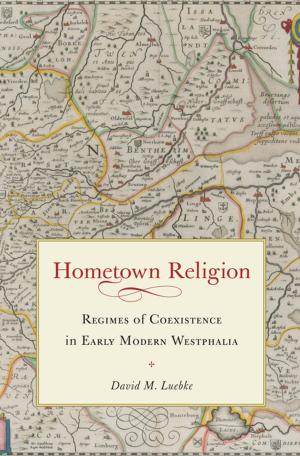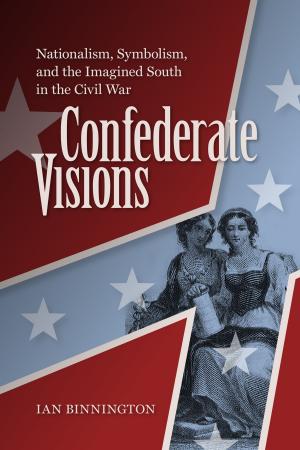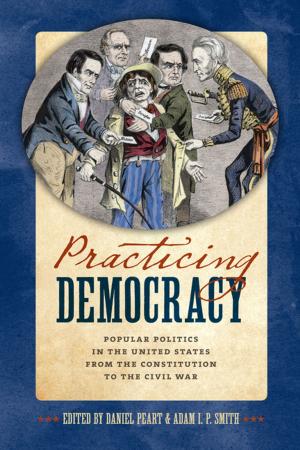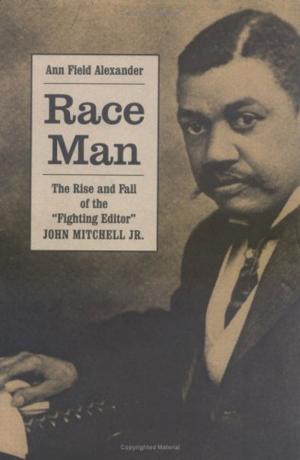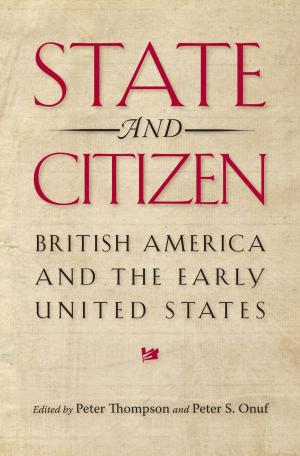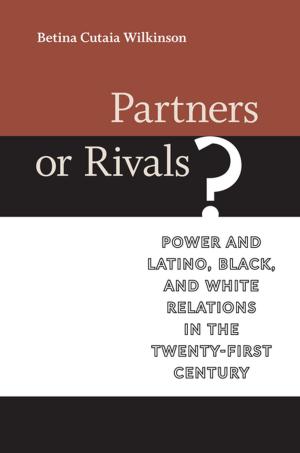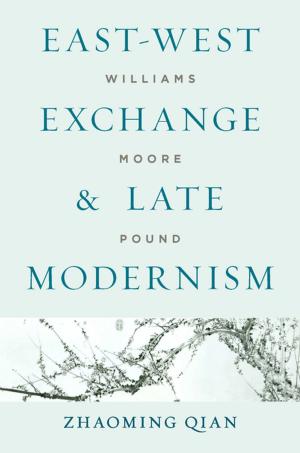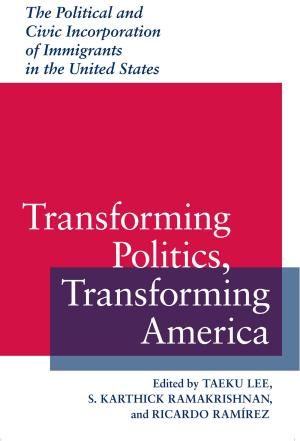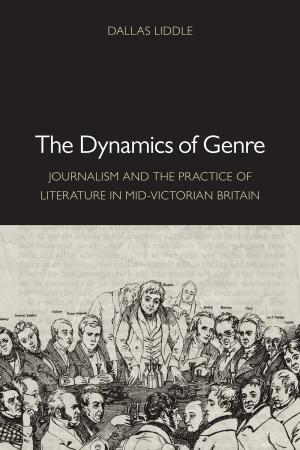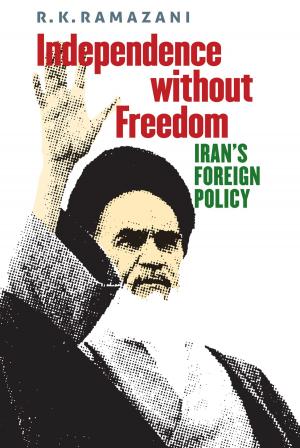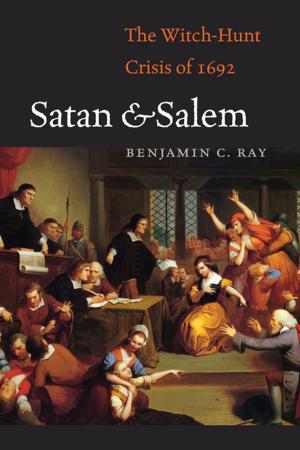Power versus Liberty
Madison, Hamilton, Wilson, and Jefferson
Nonfiction, Social & Cultural Studies, Political Science, Politics, History & Theory| Author: | James H. Read | ISBN: | 9780813924601 |
| Publisher: | University of Virginia Press | Publication: | January 29, 2000 |
| Imprint: | University of Virginia Press | Language: | English |
| Author: | James H. Read |
| ISBN: | 9780813924601 |
| Publisher: | University of Virginia Press |
| Publication: | January 29, 2000 |
| Imprint: | University of Virginia Press |
| Language: | English |
Does every increase in the power of government entail a loss of liberty for the people? James H. Read examines how four key Founders--James Madison, Alexander Hamilton, James Wilson, and Thomas Jefferson--wrestled with this question during the first two decades of the American Republic.
Power versus Liberty reconstructs a four-way conversation--sometimes respectful, sometimes shrill--that touched on the most important issues facing the new nation: the Constitution, the Bill of Rights, federal authority versus states' rights, freedom of the press, the controversial Bank of the United States, the relation between nationalism and democracy, and the elusive meaning of "the consent of the governed."
Each of the men whose thought Read considers differed on these key questions. Jefferson believed that every increase in the power of government came at the expense of liberty: energetic governments, he insisted, are always oppressive. Madison believed that this view was too simple, that liberty can be threatened either by too much or too little governmental power. Hamilton and Wilson likewise rejected the Jeffersonian view of power and liberty but disagreed with Madison and with each other.
The question of how to reconcile energetic government with the liberty of citizens is as timely today as it was in the first decades of the Republic. It pervades our political discourse and colors our readings of events from the confrontation at Waco to the Oklahoma City bombing to Congressional debate over how to spend the government surplus. While the rhetoric of both major political parties seems to posit a direct relationship between the size of our government and the scope of our political freedoms, the debates of Madison, Hamilton, Wilson, and Jefferson confound such simple dichotomies. As Read concludes, the relation between power and liberty is inherently complex.
Does every increase in the power of government entail a loss of liberty for the people? James H. Read examines how four key Founders--James Madison, Alexander Hamilton, James Wilson, and Thomas Jefferson--wrestled with this question during the first two decades of the American Republic.
Power versus Liberty reconstructs a four-way conversation--sometimes respectful, sometimes shrill--that touched on the most important issues facing the new nation: the Constitution, the Bill of Rights, federal authority versus states' rights, freedom of the press, the controversial Bank of the United States, the relation between nationalism and democracy, and the elusive meaning of "the consent of the governed."
Each of the men whose thought Read considers differed on these key questions. Jefferson believed that every increase in the power of government came at the expense of liberty: energetic governments, he insisted, are always oppressive. Madison believed that this view was too simple, that liberty can be threatened either by too much or too little governmental power. Hamilton and Wilson likewise rejected the Jeffersonian view of power and liberty but disagreed with Madison and with each other.
The question of how to reconcile energetic government with the liberty of citizens is as timely today as it was in the first decades of the Republic. It pervades our political discourse and colors our readings of events from the confrontation at Waco to the Oklahoma City bombing to Congressional debate over how to spend the government surplus. While the rhetoric of both major political parties seems to posit a direct relationship between the size of our government and the scope of our political freedoms, the debates of Madison, Hamilton, Wilson, and Jefferson confound such simple dichotomies. As Read concludes, the relation between power and liberty is inherently complex.

